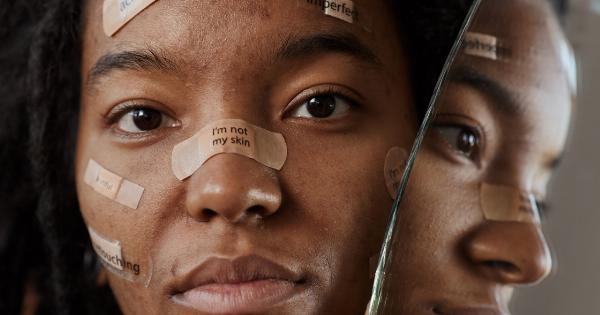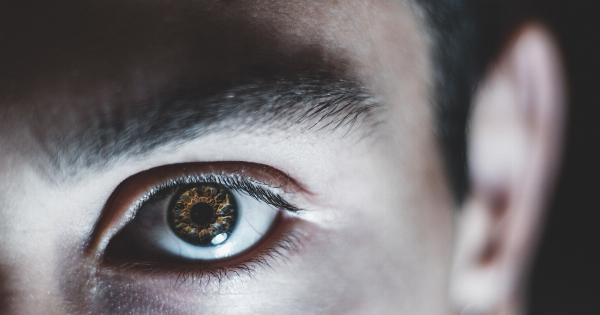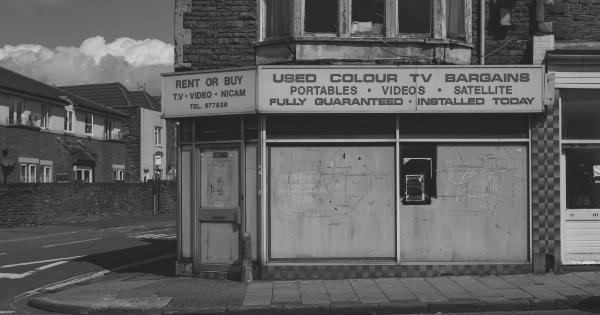Acne is a common skin condition that affects millions of people worldwide. It can lead to physical discomfort, emotional distress, and even long-term damage if not treated promptly.
Unfortunately, many individuals delay seeking treatment for their acne, unaware of the negative consequences that can arise from this delay. In this article, we will explore the various ways in which delaying acne treatment can have detrimental effects on your skin and overall well-being.
It is essential to take action now and prioritize the treatment of acne to prevent these negative outcomes.
1. Increased Severity of Acne
When left untreated, acne can worsen over time. Mild breakouts can escalate into more severe forms, such as cystic acne or nodules.
These types of acne are characterized by large, painful lesions that go deeper into the skin and are more challenging to treat. By delaying acne treatment, you risk experiencing a significant escalation in the severity of your condition, making it more difficult to manage and control.
2. Risk of Scarring
Acne lesions, especially cysts and nodules, have a higher tendency to leave scars on the skin. These scars can range from shallow depressions to deep, pitted marks. The risk of scarring increases when acne is left untreated and allowed to progress.
Scarring can be emotionally distressing and may lead to decreased self-esteem and confidence. It is crucial to seek timely treatment to minimize the risk of permanent scarring.
3. Psychosocial Impact
Acne not only affects the physical appearance but can also have a significant psychological impact. Individuals with acne often experience negative emotions such as embarrassment, self-consciousness, and anxiety.
They may avoid social situations, become socially isolated, or develop low self-esteem. Delaying acne treatment prolongs this emotional distress, making it challenging to lead a fulfilling and confident life.
4. Hyperpigmentation
Hyperpigmentation refers to the darkening of the skin due to an increase in melanin production. It is a common consequence of acne, particularly for individuals with darker skin tones.
When acne is left untreated, the healing process is prolonged, increasing the likelihood of hyperpigmentation. These dark spots can persist long after the acne has healed and may require additional treatments to fade. Taking prompt action against acne can minimize the risk of hyperpigmentation.
5. Inflammation and Pain
Acne lesions can be inflamed, tender, and painful. Untreated acne often leads to persistent inflammation, making the skin more sensitive and uncomfortable. The longer you delay treatment, the more prolonged the inflammation and pain will become.
It is essential to address acne early to prevent unnecessary physical discomfort and irritation.
6. Infections and Complications
Acne breakouts can create an ideal environment for bacteria to thrive on the skin’s surface. If left untreated, bacteria can multiply, leading to skin infections such as cellulitis or abscesses.
These infections can be more severe and require additional medical intervention, including the use of antibiotics. By promptly treating acne, you can reduce the risk of bacterial infections and potential complications.
7. Post-Inflammatory Hyperpigmentation (PIH)
Post-inflammatory hyperpigmentation (PIH) is a type of discoloration that occurs after an acne lesion has healed. It appears as flat, dark spots on the skin and can take several months to fade.
Delaying acne treatment prolongs the inflammation process, increasing the likelihood of PIH. Taking action now can reduce the duration and severity of this discoloration.
8. Negative Impact on Quality of Life
Acne can significantly impact an individual’s quality of life. It can affect relationships, career opportunities, and overall well-being.
If left untreated, acne can consume a considerable amount of time, energy, and resources, both physically and emotionally. By prioritizing timely treatment, you can minimize the negative impact of acne on your daily life and enjoy improved self-confidence and satisfaction.
9. Exacerbation of Underlying Skin Conditions
Individuals with pre-existing skin conditions, such as rosacea or eczema, may find that delaying acne treatment exacerbates their primary condition.
Acne breakouts can trigger inflammation and irritation in already sensitive skin, leading to a worsening of symptoms. Taking action now will not only address acne but also prevent additional complications related to other underlying skin conditions.
10. Delayed Resolution and Prolonged Treatment
Finally, by delaying acne treatment, you are prolonging the duration required to resolve the condition. Effective acne treatments often require time to take effect, especially for severe cases.
The longer you wait to start treatment, the longer it will take to achieve desired results. Acting promptly and seeking appropriate treatment options can expedite the resolution of acne and reduce the overall treatment duration.
Conclusion
Delaying acne treatment can have significant negative consequences on your skin, emotions, and overall well-being. The longer you wait, the more severe your acne can become, leading to increased scarring, hyperpigmentation, and inflammation.
Additionally, the psychosocial impact of acne can be distressing, affecting your confidence and relationships. It is important to prioritize treatment to prevent complications, infections, and exacerbation of underlying skin conditions.
By taking action now and seeking timely treatment, you can minimize the negative outcomes of acne and enjoy improved physical and emotional well-being.


























